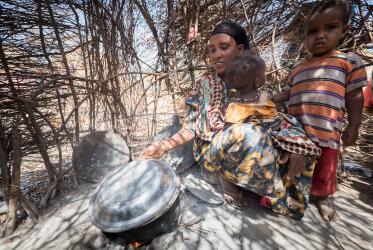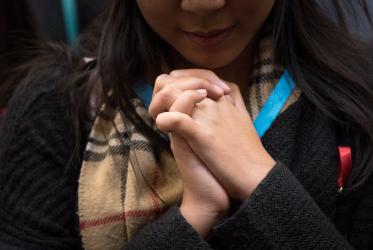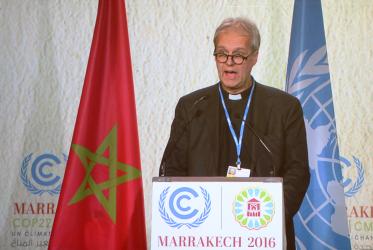Displaying 1 - 20 of 33
Protecting Ethiopia’s church forests
27 October 2021
Ethiopia is praying for peace amid conflict and COVID-19
21 April 2021
WCC sends letters of concern over violence and conflict in Ethiopia
04 February 2021
WCC condemns recent extremist attacks around the world
03 November 2020
Seven weeks of Lent highlight water crisis in Africa
01 March 2017
Ecumenical Patriarch: Survival of God’s creation is at stake
17 November 2016
Faith groups march for climate justice
15 November 2016
Faith communities explore concrete climate action at COP22
10 November 2016










